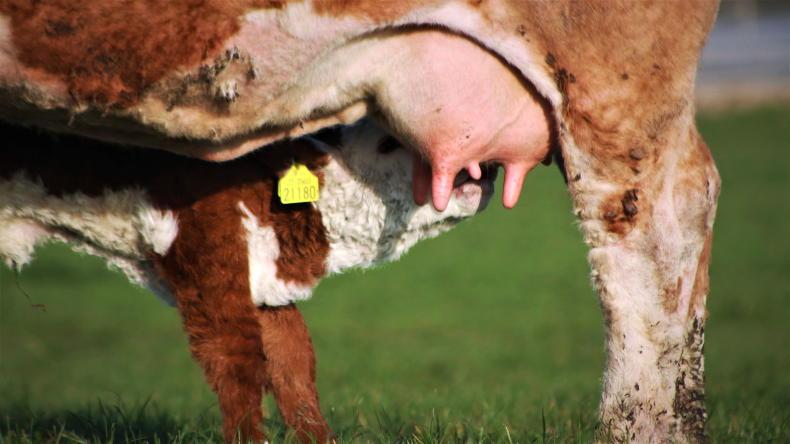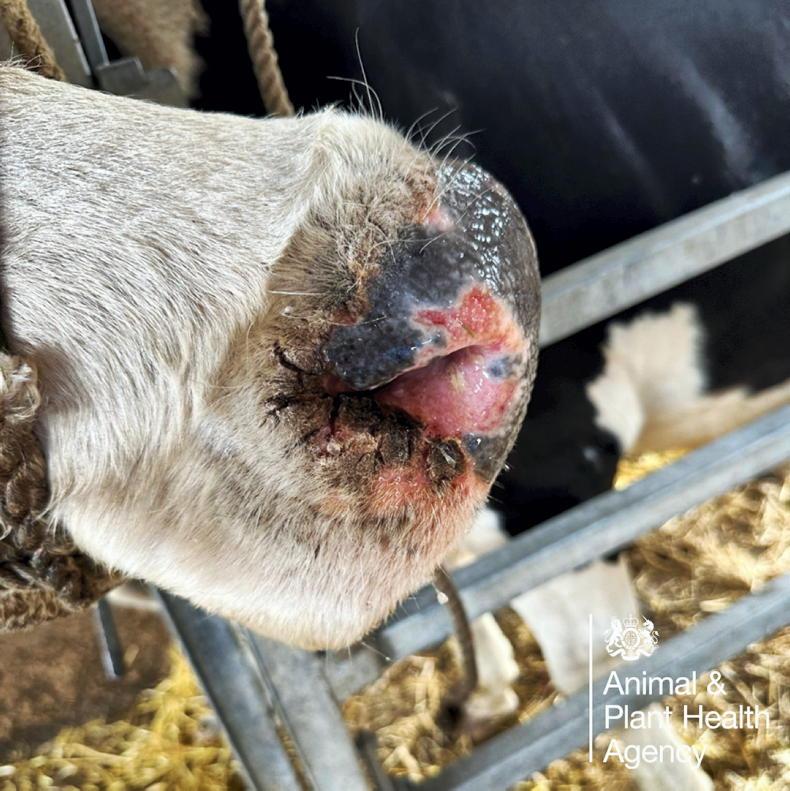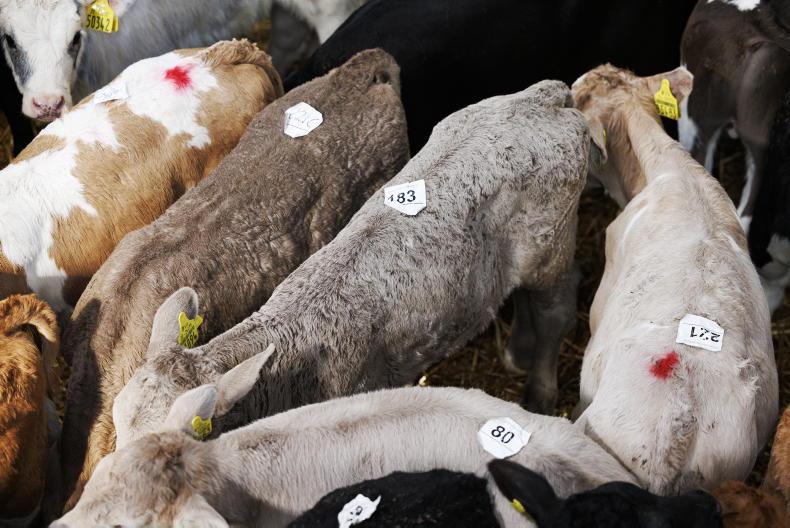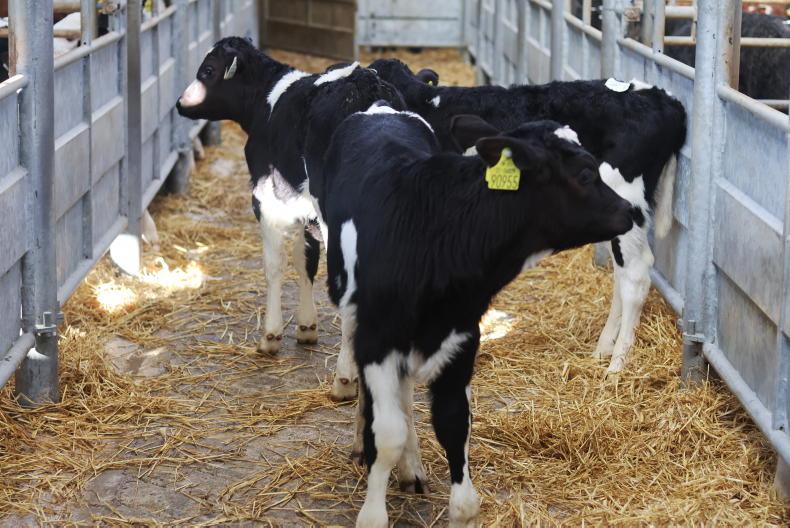I’ve been keeping an eye on the reports from the Food Vision Dairy Group since it was set up. Maybe my west Cork location is a factor in my interest in the goings on in the dairy world. Hindsight is wonderful but it’s a shame it wasn’t the one bovine group.
Perhaps the reason it isn’t is because many of those involved in either sectors seem to move in their own circles only. Joined-up thinking, it appears, is stored in a box with “break glass in case of emergency” displayed on the front of it.
The proposed retirement scheme appears to be the headline issue but maybe that’s because it’s among the more comfortable elements to deal with. To me, it’s leaving more questions than answers; the finer details of what happens that land if it’s sold.
Can it be purchased and put back in dairy or is it prohibited from dairy use for a fixed term? That would be less of an issue in tillage areas as the crop potential is there and the land sale value would hold relatively stable. If it’s in a livestock-only part of the country does that limit it to sheep and fattening cattle? If it does, will that impact on the overall value of the land? If the ground can no longer support breeding stock, does that limit its use for contract rearing?
Also, if a reduction of 35% in artificial nitrogen is required, this will likely lead to a lower stocking rate, then surely the “retired” land will be needed to facilitate this.
Labour availability and succession issues are two major challenges to overcome
Another question to ponder is, is there a need for a retirement scheme in dairy? Is the number of farmers the issue?
Talking to those who deal firsthand with farmers, labour availability and succession issues are two major challenges to overcome. Those are a consequence of an evolving society that has better access to education. I’d view them more as a challenge to overcome rather than an outright negative.
Young people in agriculture will want income comparable to their non-farming peers and, dare I say it, some may want a similar quality of life also. Some farming disciplines are more time-demanding than others and that will appeal to some young people and not to others.
That time demand is probably truer to dairy than other sectors. It has potentially more financial reward but not everyone wants to be tied to that level of commitment.
Fixing labour challenges is probably easier but costlier in the short term
Facilitating succession rises in importance beyond farm level as the image Ireland has marketed for its agricultural produce is based on family farms.
Fixing labour challenges is probably easier but costlier in the short term.
Technology will play a part in easing the labour issues but it won’t solve them all. The danger is, you can become too dependent on technology to the detriment of common sense.
An acquaintance of mine told me they couldn’t go to a funeral last year as they wouldn’t be finished work in time to make it to the church.
I suggested they sympathise at the graveyard afterwards instead. I was informed that wasn’t possible because they didn’t know how long it would take to get there as they couldn’t find “adjoining cemetery” on Google Maps.
Now that’s being too dependent on technology.










SHARING OPTIONS